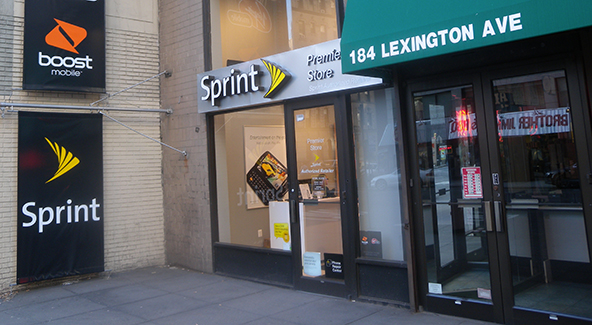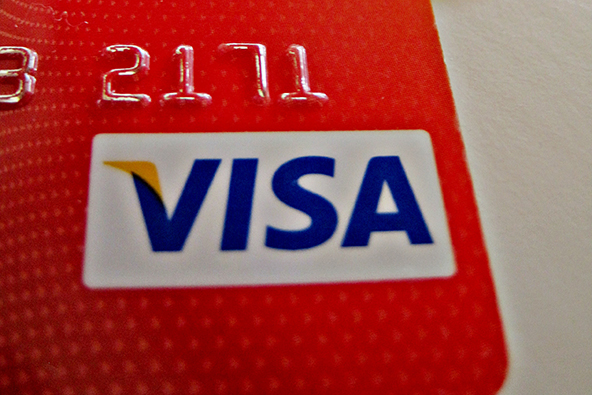How Accepting Credit Cards Issued by Foreign Banks Is Different and Should You Be Settling in Foreign Currencies

We are constantly reminded that the world keeps getting smaller and there are few industries where this is more evident than in the e-commerce. By default, web-based merchants have the world as their market and cross-border transactions are for many an everyday occurrence. With the global market, however, come global currency challenges that need to be well understood and adequately addressed to enable you to take full advantage of the opportunities. Let’s take a look at the choices that are available to you for accepting international payments and whether settling your funds in foreign currencies is a good idea.
Before we dive into the details, it is important to point out that Visa and MasterCard are global institutions and payment cards that bear the logo of either credit card association are accepted in every store or ATM that accepts that brand of cards. It does not matter where the card has been issued. What is different is the processing rate that merchants pay for accepting cards issued by foreign banks and this rate is higher, sometimes substantially higher. The same is true for the other global card brands, including American Express, JCB, etc.
Both Visa and MasterCard issuers can add surcharges on foreign transactions involving their cards. In the United States, currently Capital One is the only major issuer that has chosen not to do that and their Visa- and MasterCard-branded cards can be used abroad at no extra charge. The majority of issuers, however, do add a mark-up that can typically range between 0.50% – 1.00% per transaction, on top of the regular processing fees for the type of card used. Processors then pass this mark-up on to their merchants and can add a surcharge of their own.
If your business sells globally, you will have several options for settling your daily batches:
- Multi currency. With this option you can accept card payments and receive funds in several major currencies, typically North American, European and some Asian. This service could work for those of you whose customers are located mostly in the major world economies.
- Cross currency. With this option you can accept payments in a much greater number of world currencies, but the settlement will be done in a limited number (about a dozen or so) of major currencies. The benefits are that your customers will be able to pay you in their local currency and you will not have to deal with any foreign currency conversion.
- Local currency. With this option you can accept payments and receive funds only in your local currency. You can provide your customers with an estimate of the equivalent amount in the local currency, but it would be solely for information purposes. The local currency option would be best for those of you who would prefer to keep your operations and accounting simple and would rather not deal with foreign currencies at all. When a payment card transaction is authorized and cleared, your funds will be settled in U.S. dollars and you will be charged a conversion fee.
Once you select the option that would best address your requirements, you will need to make sure that you sign up with the right processor. It is important that, before setting up your merchant account, you check what your prospective processor’s conversion rates are. These rates may be different for MasterCard and Visa, as well as for debit and credit cards of the same brand. You may find that a provider that offers higher processing rates actually has the cheapest solution for your needs, because they don’t mark-up the conversion or cross-border fees charged by the issuers. American Express and Discover do their own processing and their rates are the same regardless of the processing bank, so you don’t have to worry about comparing them.
Image credit: Unitedinuniform.com.


